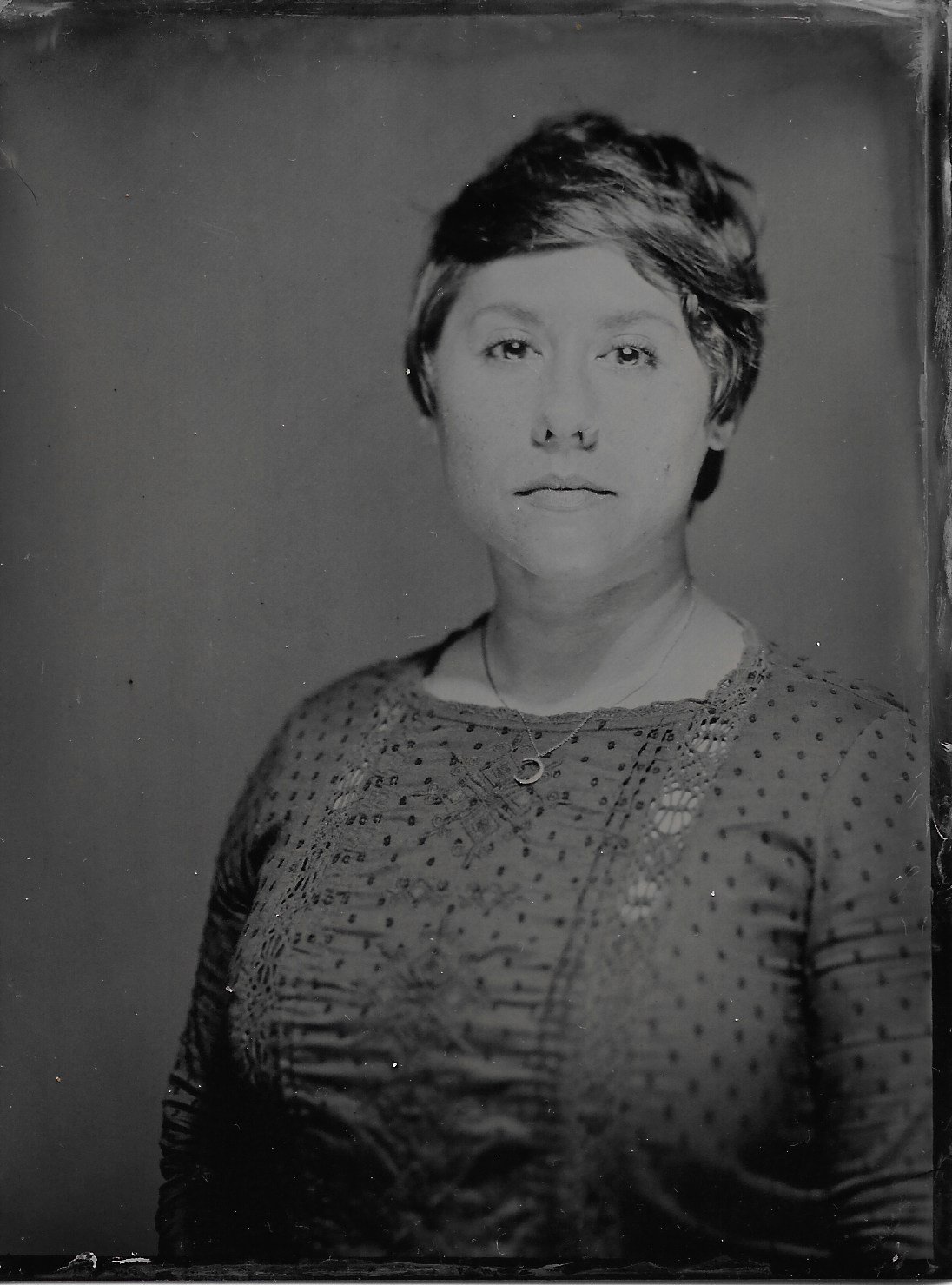(Repost) Lost: The Art of Editing
Once upon a time, when there were writers, there were also editors. The yin to the other’s yang, editors took responsibility for reviewing the work of writers, looking it over for any typos or grammatical errors and to ensure it was ready for publication. Yet, over the last decade, like so many things, the role of the editor has shifted. The internet took hold, changing publishing from lengthy and sometimes arduous to something instantaneous, nearly eradicating the task of editing in the process.
As a result, superfluous punctuation runs rampant, misspellings are chalked up to issues of autocorrect and, overall, the written word suffers. Although with this negative comes some positive, as a whole host of people now feel empowered as writers, reading beyond the first few lines, it often becomes apparent that the foundation is missing. Verb tenses compete against one another, definitely becomes defiantly and the vicious (not viscous) cycle continues.
It’s time to put a stop to this and bring back the editor – here’s how:
- Emphasize Quality – The rise of short-form content nearly killed quality writing. Anyone with a keyboard can bang out several blog posts a day, but to what end? Is it really helping with search rankings? Does that traffic actually convert? Probably not. Instead of spitting out mindless listicles, take time to develop ideas and flesh them out with actual research.
- Find the Source – Remember when research included things like interlibrary loans? This may be shocking to some, but getting to the root of an issue means more than looking at the footnote links on Wikipedia or asking a question using SurveyMonkey. Build a source list, do discovery and talk to some fellow humans before attempting to hit that word count.
- Promote Integrity – Carefully curated content is a surefire way to build a following. As part of the editing process, consider whether or not a piece aligns with business objectives. Putting out shoddy work will only feed the trolls waiting for the opportunity to tear something apart. Take pride in publishing.
- Rely on Extra Eyes – Despite spellcheck, typing is not an exact science, and, admittedly, it can be easier to bring in an outside opinion than it is to self-edit. Find a friend, colleague or professional to take a look before rushing something out the door and heed the advice that’s given. Editing is not a personal attack but rather a step toward improving the final product.
- Make Time – Editing takes time. That’s why in an era of instant gratification, it’s become an afterthought. Still, carving out 10, 15 or 30 minutes to ensure an article is typo-free and articulate makes a difference, especially when building a brand. No media outlet or publication is going to run something that confuses there for their or vice versa.
And while there’s no way to avoid the LOLs and WTFs of today’s internet-obsessed culture, it is possible to reclaim the lost art of editing and rise above the rest of the crop. People may not remember every written word they read, but they will remember mistakes. Drop the ego at the door and commit to a better end result.
This post first appeared here.



